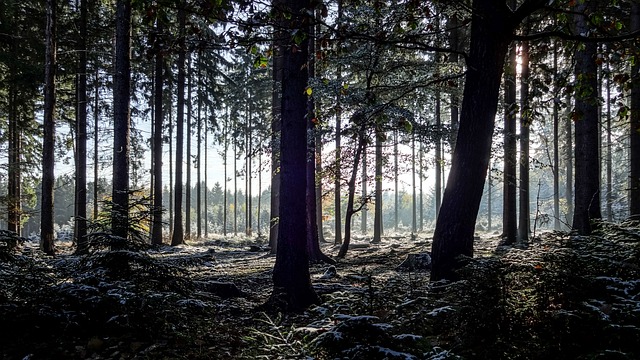In recent years, our planet has faced an alarming shift in the health of its forests. Monoculture forests, once regarded as a solution for quick and efficient wood production, have now unveiled themselves as a double-edged sword, contributing to a looming climate crisis that cannot be ignored. The heart of the matter lies in the stark reality that these single-species plantations lack the biodiversity essential for a thriving ecosystem.
As climate change accelerates, the presence of monoculture forests becomes a greater concern for our environment. Unlike traditional forests that host a myriad of plant and animal species, monoculture forests are designed to grow one type of tree over large areas, which results in a stark, uniform landscape. This approach not only strips the forest of its rich biodiversity but also weakens its resilience to climate change. With diminished variety, these forests become susceptible to pests and diseases, making them vulnerable to widespread destruction.
The repercussions of monoculture forests extend beyond their immediate surroundings. They disrupt carbon storage capabilities, which are vital in mitigating climate change. Biodiverse forests act as carbon sinks, absorbing CO2 and releasing oxygen, but when we favor monocultures, we compromise these essential processes. A forest devoid of variety becomes less effective at sequestering carbon, exacerbating the greenhouse effect and accelerating global warming.
Furthermore, monoculture forests often require heavy use of pesticides and fertilizers to maintain their productivity. These chemicals not only degrade soil health but also leach into surrounding ecosystems, poisoning waterways and affecting wildlife. The very plantations meant to satisfy our demand for timber turn into agents of environmental degradation, fostering a cycle of dependency on harmful agricultural practices.
The communities that rely on these forests also suffer. Indigenous peoples and local communities traditionally benefit from the varied resources provided by diverse forests. Yet, with the proliferation of monoculture forests, these resources dwindle, threatening their livelihoods and cultural practices. The loss of traditional knowledge tied to diverse ecosystems is another profound consequence, highlighting a break in the bond between people and the land.
Addressing the issue of monoculture forests calls for a paradigm shift in our approach to forestry and land management. Sustainable practices, such as agroforestry, can provide a middle ground. Planting a variety of species in a single area enhances biodiversity, creating a more resilient and productive ecosystem that can withstand the pressures of climate change. By fostering ecosystems that coexist rather than compete, we can restore balance to our forests and, by extension, our climate.
As we grapple with the pressing challenges posed by climate change, it is imperative to confront the threat of monoculture forests head-on. Only through mindful stewardship and a commitment to preserving biodiversity can we hope to forge a path toward a sustainable future, ensuring that our forests continue to thrive for generations to come.




